🏷️ White Label, Private Label, OEM, MOQ... What Does It All Mean?
Share
So, you’re diving into the world of product creation — maybe launching your own supplement brand, a wellness tea line, or the next great nootropic powder. But suddenly, it feels like you're drowning in acronyms and jargon.
Let’s cut through the crap.
Here’s a plain-English guide to the most common terms you’ll come across — and what they actually mean.
⚪ White Label
This is the "plug-and-play" option.
A white label product is already made, tested, and ready to go. You just add your branding and packaging. No messing about with ingredients or formulation.
Example: A manufacturer already makes a vitamin D spray. You put your label on it and sell it as your own.
✅ Fast
✅ Low cost
✅ Great for testing a market
🟦 Private Label
This is a step up from white label.
With private label, you're still working with a manufacturer’s base formula, but you get more control — think custom flavours, added ingredients, or unique packaging.
Example: You take a generic multivitamin and add extra ashwagandha for stress support, then package it in a matte black jar with your bold branding.
✅ More unique
✅ Stronger brand identity
✅ Slightly higher MOQ & cost
🏭 OEM (Original Equipment Manufacturer)
This is full-blown, from-scratch manufacturing.
You bring the idea, and the manufacturer creates a product exactly to your spec. Every ingredient, every measurement — fully yours.
Example: You invent a turmeric energy gummy with ginger and black pepper and want it made to your custom recipe.
✅ 100% custom
✅ Intellectual property stays with you
❌ Higher costs, longer lead time
🔢 MOQ (Minimum Order Quantity)
MOQ is how many units you have to order at once.
It’s set by the manufacturer to make production cost-effective. Smaller MOQs are great for startups — but may limit your customisation options.
✅ Know your budget
✅ Plan for inventory
❌ Too low = limited choice
📦 Fulfilment
Fulfilment is everything that happens after your product is made:
- Storing your stock
- Packing customer orders
- Shipping them out
You can do it yourself, use a fulfilment centre, or go D2C (direct-to-consumer) with a partner.
✅ Hands-off if outsourced
✅ Scalable
❌ Costs can creep up if unmanaged
📄 COA (Certificate of Analysis)
A COA proves your product has been tested — usually for quality, safety, and accuracy (e.g. ingredients, potency, contaminants).
It’s your golden ticket if you're selling supplements, food, or cosmetics.
✅ Gives your customers peace of mind
✅ Helps with compliance
✅ Shows you're not selling snake oil
💼 B2B vs B2C
- B2B (Business to Business) = You’re selling to retailers, distributors, or other brands
- B2C (Business to Consumer) = You’re selling directly to end customers via a website, store, or marketplace
Big Bower is built for B2B — but we make it easy for you to launch into B2C too.
🤖 What About AI-Powered Product Creation?
On Big Bower, we use AI (Bower AI) to help you create and customise your product idea from scratch — no jargon required.
You can:
- Build a product in minutes
- Choose formats, ingredients, packaging
- Match with real manufacturers
- Launch without the headaches
🧠 Final Thoughts
Jargon is fine if you're deep in the industry — but if you're a new founder trying to launch a brand, you shouldn’t need a translator.
That’s why Big Bower breaks down the barriers. We simplify manufacturing, support you from idea to shelf, and let you learn as you go.
💬 Got another term you’re confused about? Ask us or try it out with Bower AI. We promise it won’t bite.

